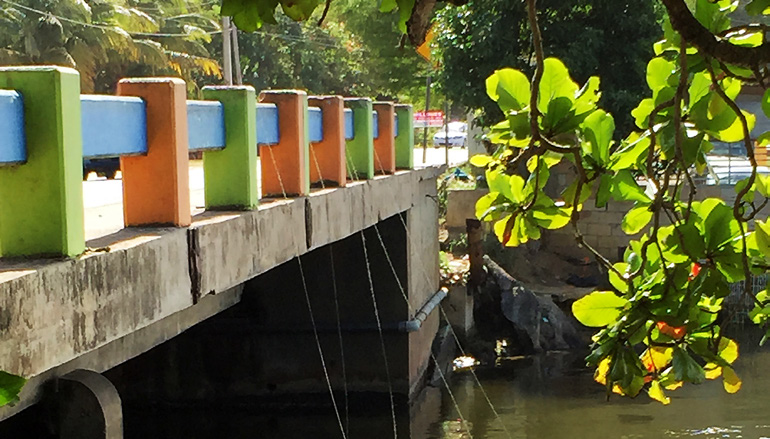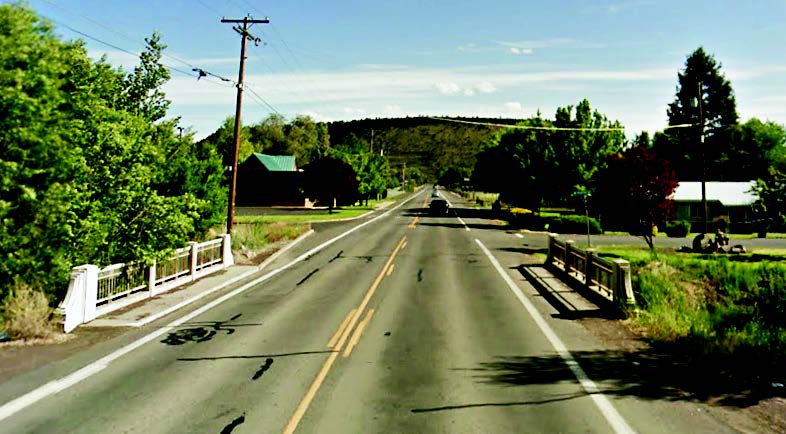
-
Read the case study detailing how the Puerto Rico Highway and Transportation Authority (PRHTA) is using the Managing Risk in Rapid Renewal Projects (R09) to effectively anticipate, assess, and manage risk in a project involving the replacement of a $3.45M bridge that has heavy weekend traffic.
Managing and reducing risk in accelerated highway construction projects.
Managing Risk in Rapid Renewal Projects (R09)
Challenge
Highway projects come in a variety of sizes and use various financing mechanisms and delivery methods. Work on such projects often involves the potential for schedule delays, budget overruns, and other unexpected problems or “risks” that affect project performance. The risks of underestimating schedule, cost, or disruption can increase delays, negatively affect budgets, require expensive changes, and undermine public confidence. Managing a project by anticipating and planning for these risks can significantly improve its outcome for the transportation agency and the traveling public.
Current traditional risk assessment and mitigation activities used by transportation agencies often lack rigor and formality in project planning, design, and delivery continuum. Failure to adhere to a formal risk analysis process can result in unanticipated problems, delays, and costs. In addition, finding solutions during later phases of a project can be more difficult and costly. The Guidebook for Managing Risk in Rapid Renewal Projects provides practical tools and techniques to optimize innovation, minimize schedule and budget risks, and build better projects.
Solution
Managing Risk in Rapid Renewal Projects (R09) helps managers quantify risks and provides guidance on the level of risk management needed. It presents a formal risk management process that optimizes performance for accelerated reconstruction on projects. R09 offers practical methods to identify, assess, mitigate, allocate, and monitor risk. Also, it fills the gaps that current risk management practices do not address by adding project performance measures, and different project delivery and construction methods.
The process described in the R09 Guidebook allows users to factor in project scope, strategy and conditions, structuring, risk identification, risk assessment, risk analysis, risk management planning, and risk management implementation. It also provides objective guidance that can be applied to various types and sizes of rapid renewal projects, as well as other rehabilitation efforts.
Implementation Tools
The R09 Guidebook includes the following implementation tools:
- Spreadsheets that lead the user through a risk analysis process.
- Two-day Train the Facilitator training course that includes instruction on the risk management process, and helps participants apply the principles in a case study activity.
Benefits
Guidelines and training materials provide agencies with a greater understanding of potential risks associated with rapid renewal projects, and possible mitigation strategies. Training materials will assist transportation agencies with integrating this planning approach on a broader scale.
This product can be applied to highway projects of varying sizes and types to help managers proactively identify, plan for, assess, and manage their project risks to meet schedule and budget goals.
A better understanding of the potential risks leads to:
- Better financial management of agency capital budgets.
- Fewer changes due to unanticipated issues.
- More disciplined decision making regarding crucial project matters in the context of all other risks.
The R09 product will help transportation agencies better anticipate and understand the range of performance outcomes that may occur during a project’s life cycle.
-

Save Lives
Highway projects that combine innovative solutions with good project management strategies are often completed more quickly, reducing exposure for workers and drivers during construction.
-

Save Money
Economic challenges are carefully considered during the planning and development process. Innovative financing approaches ensure that project funding is available and complex projects are completed on time and within budget.
-

Save Time
Environmental and economic challenges can significantly delay projects. Sound decision making and project management strategies ensure successful and timely completion.





